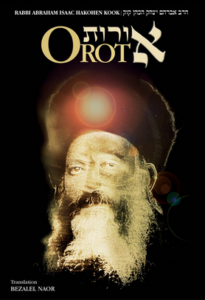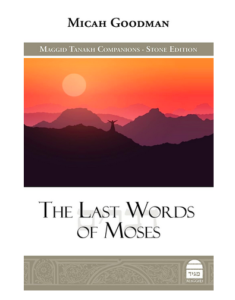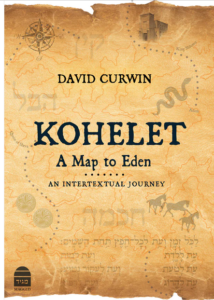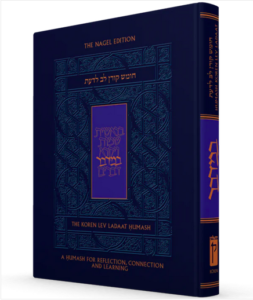Daniel Sperber’s Superb New Book: ‘Vegetarianism, Ecology, and Business Ethics’
Many readers will be surprised by the 82 pages of facts that Dr. Sperber reveals from both Jewish and non-Jewish sources about vegetarianism, how animals are treated, often in unhealthy ways for the animals and those who eat them, and how animals suffer. [Rabbi Dr. Israel Drazin]
Daniel Sperber’s Superb New Book: ‘Vegetarianism, Ecology, and Business Ethics’ Read More »
Business & Finance, Israel Drazin-Rabbi Dr., Jewish Religion, Staff and Bylined Contributors, The World We Share, Travel and Food, USA




